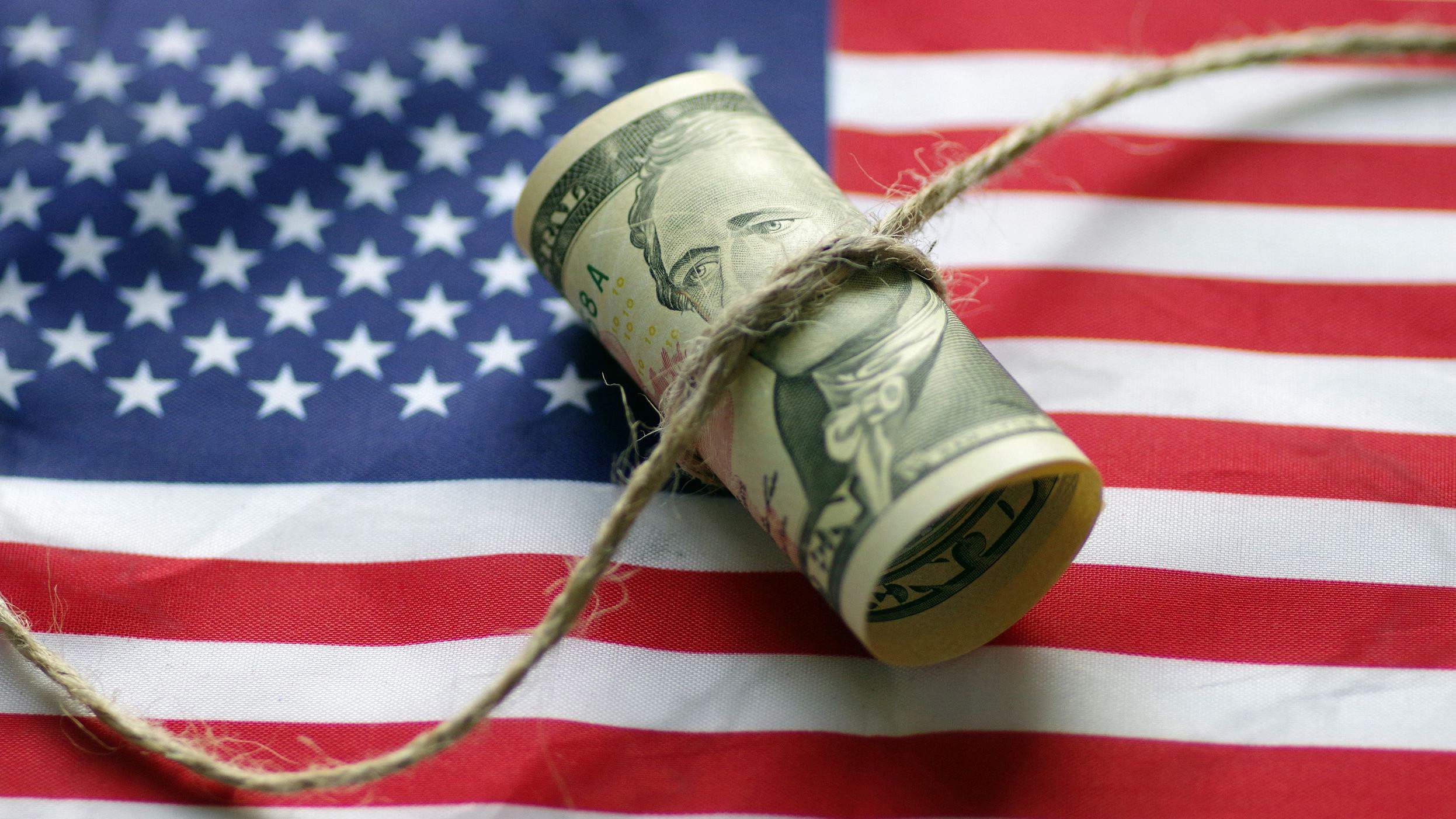
Business
20:12, 19-Oct-2017
US wages fail to rise despite 'widespread' labor scarcity
CGTN

There are scant signs of inflation and wages for US workers remain stubbornly low despite "widespread" labor shortages, according to a US Federal Reserve survey known as the Beige Book published Wednesday.
Growth in the world's largest economy also continued nationwide between September and early October at a pace "split between modest and moderate" while temporary disruptions from Hurricanes Harvey and Irma persisted, according to the periodic Fed survey.
Steadfast economic growth and job creation are failing to stir pay raises and inflation – circumstances which cast doubt on the pace of the central bank's interest rate tightening.
The Fed survey, which summarized anecdotal reports from business contacts on economic conditions across all 12 Federal Reserve districts, portrayed a continuing conundrum for central bankers.
"Many districts noted that employers were having difficulty finding qualified workers," the report said, "Despite widespread labor tightness, the majority of districts noted only modest to moderate wage pressures."
Acute labor shortages have cropped up in construction, which holds down home building, in transportation and in skilled manufacturing as well as health care and services industries, according to the report.
"These shortages were also restraining business growth," the survey said. "Firms in several districts reported that scarcity of labor, particularly related to construction, would be exacerbated by hurricane recovery efforts."
Despite employer demand in the Minneapolis region, according to the report, "job growth suffered from a lack of available workers."
Fed members are sharply divided over the dangers of inflation and a vocal minority argued the central bank should hold off raising interest rates and allow job creation to continue until signs of inflation occur.
The Fed's preferred inflation measure, the Personal Consumption Expenditures price index, fell to 1.3 percent in August, when volatile food and fuel prices are excluded, and has remained below the Fed's two-percent target for more than five years.
Other advanced economies report similar conditions, with Japanese and European central bank chiefs also describing more-or-less inflation-free growth in recent years.
Still, US policymakers as a group have said they expect price pressures to kick in soon and have forecast a final hike in 2013 and three more in 2018.
Source(s): AFP

SITEMAP
Copyright © 2018 CGTN. Beijing ICP prepared NO.16065310-3
Copyright © 2018 CGTN. Beijing ICP prepared NO.16065310-3